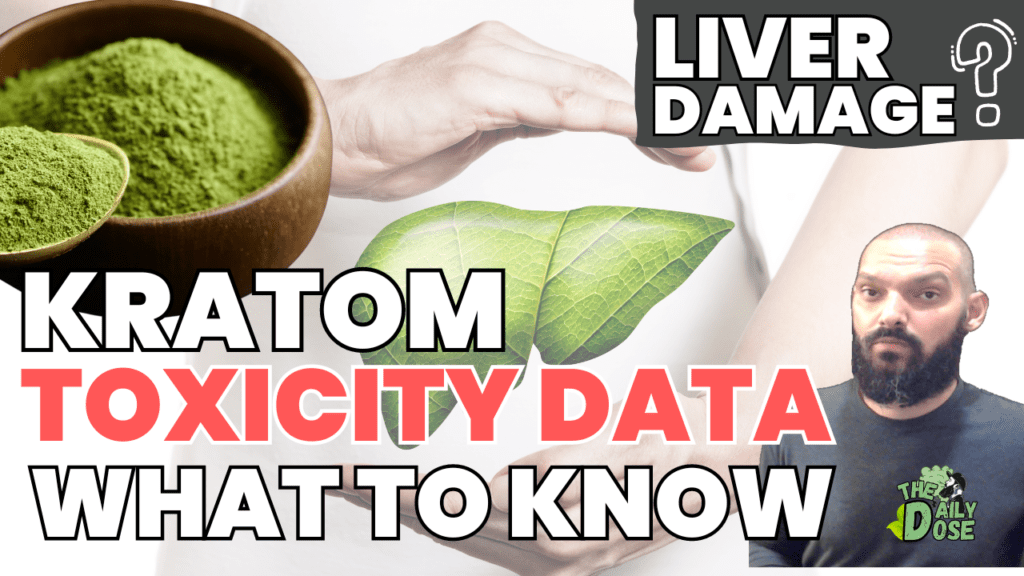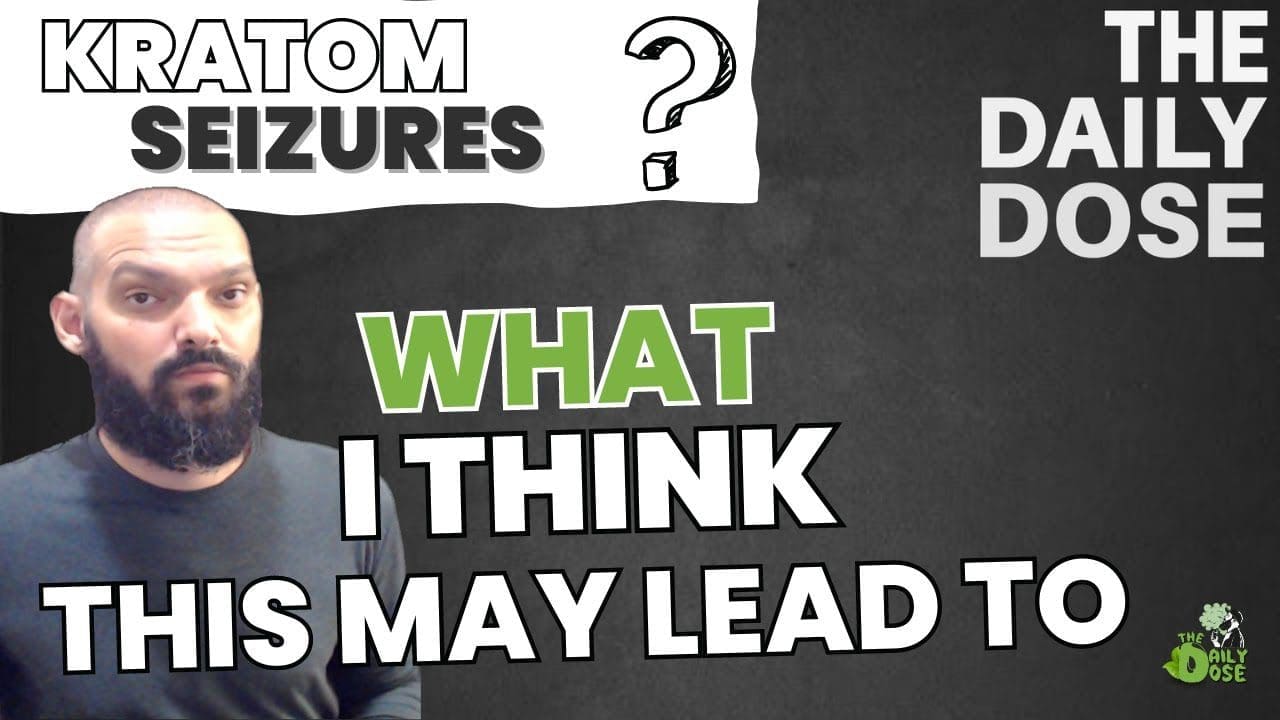Key Take Away
- Liver Injury Association: Kratom use has been associated with liver injury, notably cholestatic liver injury, which involves reduced or stopped bile flow, or a mixed pattern combining cholestatic and hepatocellular (liver cell death and inflammation) features.
- Case Reports and Reviews: Numerous cases and reviews have documented kratom-associated liver injuries, highlighting symptoms such as abdominal discomfort, jaundice, and cholestatic symptoms. Liver biopsy in these cases commonly reveals cholestasis.
- Temporal Trends: The incidence of kratom-induced liver injury has been documented, with data collected by the Drug Induced Liver Injury Network from 2004 to 2019, indicating a temporal trend of increasing reports of liver injury associated with kratom consumption.
- Clinical Implications: Reports indicate that kratom-induced liver injury can mimic conditions like anti-mitochondrial antibody-negative primary biliary cholangitis, complicating diagnosis and management.
- Ongoing Concerns: Despite the reported cases and clinical implications, a definitive causative link between kratom consumption and liver injury remains a subject of research and discussion. The complex composition of kratom and its various forms of consumption add layers of complexity to understanding its potential hepatotoxic effects.
Kratom Use: Liver Toxicity Studies
1. Introduction: My Thoughts
Over the last several months I’ve had this question come up more often among new and existing kratom users. The concern expressed to me is regarding the suggested data provided by government resources and it has people frightened about liver toxicity. Much of the studies say that using kratom can lead to liver damage in as little as weeks after use. I challenge this idea for several reasons.
The last ten years has shown us that studies relating to kratom have been mostly positive. All other information regarding kratom has always been met with the following statement, “not enough data or studies are available on this substance” basically saying it is a dangerous substance because there isn’t enough information about it. That statement alone says it all to me considering that we have had millions who have used it regularly for years and this particular issue has never been introduced to the public via mass hospital reports, emergency room visits or anything else for that matter.
In today’s article I will share with you the specific data sets relating to the information discovered and reported by the National Institute of Health as well as the FDA regarding their claims of this serious illness. Though the information provided suggests there a lot of reports of this issue over the last 20 years and the numbers are growing, I personally am not able to find them outside of NIH/FDA announcements.
SUMMARY
Kratom use has been increasingly associated with cases of liver injury, especially cholestatic liver injury, with reports highlighting a rising trend in such incidents. The relationship between kratom consumption and liver health is complex and multifaceted, warranting cautious use and further scientific investigation.
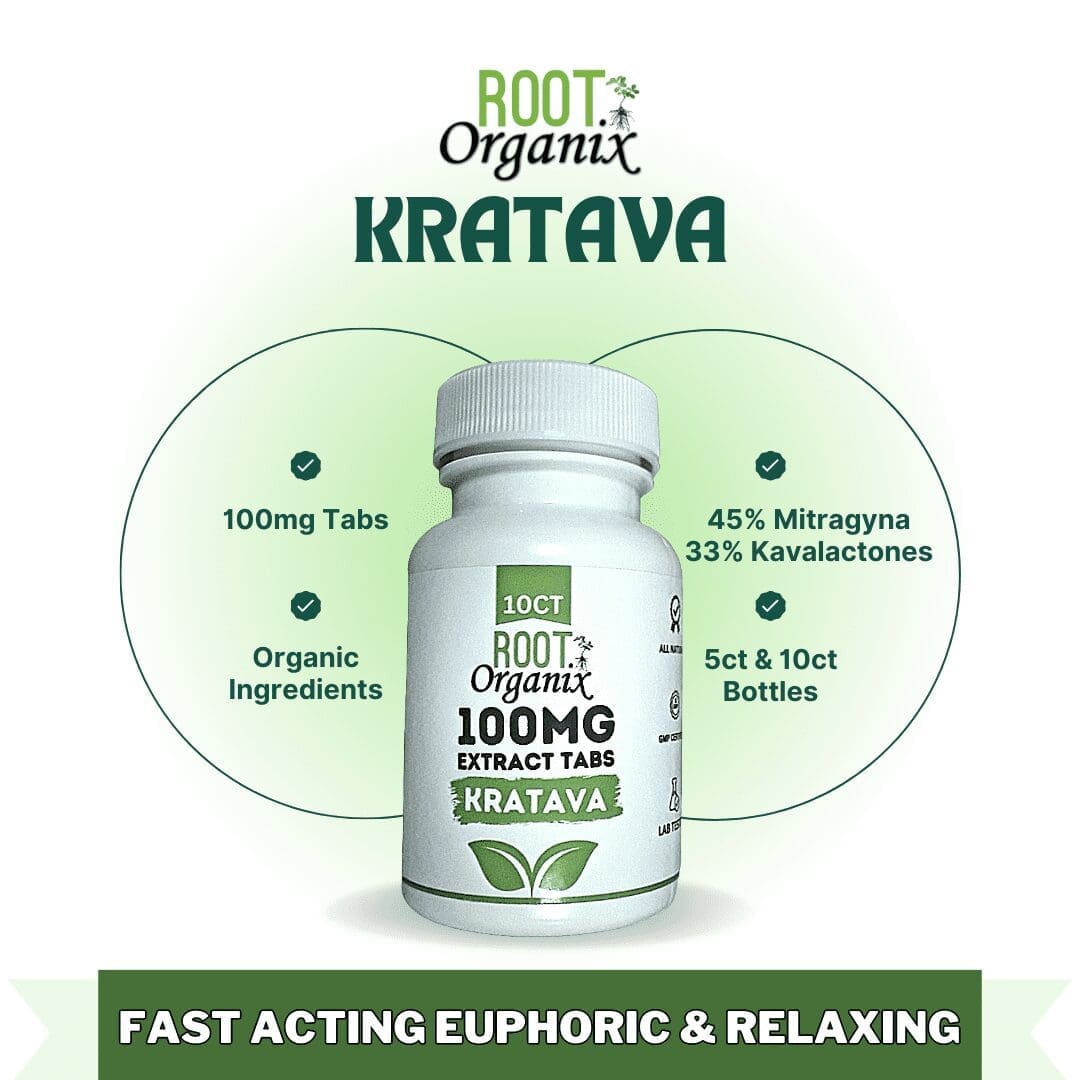
2. Understanding Liver Toxicity
Before examining the specific claims about kratom-induced liver damage, it’s crucial to understand what liver toxicity entails. The liver, a vital organ, plays a pivotal role in detoxifying substances, metabolizing drugs, and producing bile for digestion. Liver toxicity or hepatotoxicity occurs when these functions are impaired, often due to exposure to harmful substances.
Symptoms of liver toxicity can range from mild to severe and may include jaundice (yellowing of the skin and eyes), abdominal pain, fatigue, and in severe cases, acute liver failure. Diagnosing liver toxicity involves a combination of clinical evaluation, laboratory testing, and sometimes imaging or biopsy.
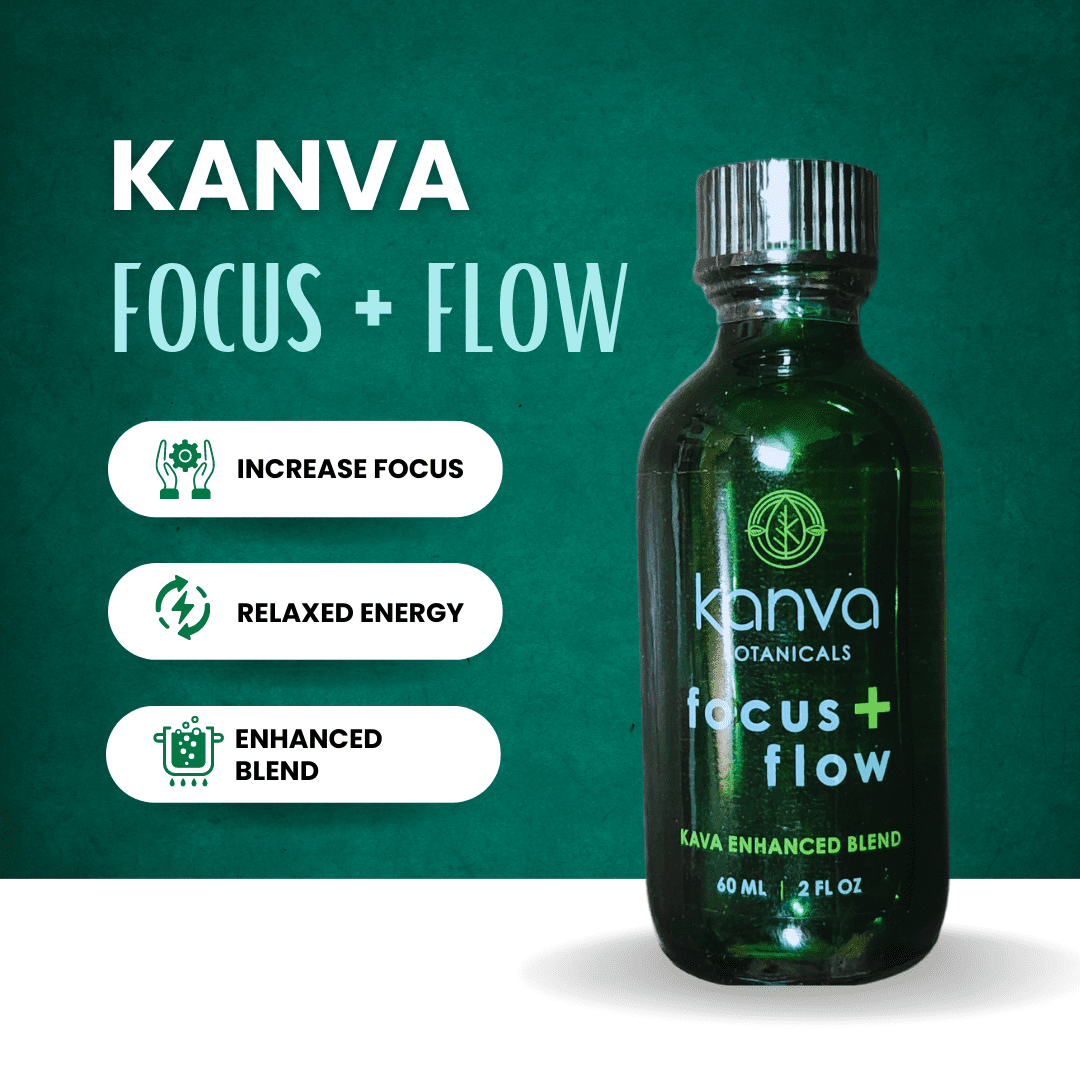
3. Kratom and Liver Toxicity: The Claims
Claims about kratom leading to liver toxicity have been a topic of concern among researchers, healthcare professionals, and users. These claims are primarily based on case reports, clinical observations, and a handful of studies. The reported cases of liver damage associated with kratom typically describe a pattern of liver injury that is often cholestatic or mixed cholestatic-hepatocellular in nature. Cholestasis refers to the reduced or halted flow of bile, leading to the accumulation of bile acids in the liver, which can cause liver cell damage.
The onset of symptoms in these cases varied, with some users experiencing liver issues within weeks of starting kratom, while others used kratom for longer periods before symptoms appeared. Commonly reported symptoms included jaundice, dark urine, abdominal pain, nausea, and general malaise.
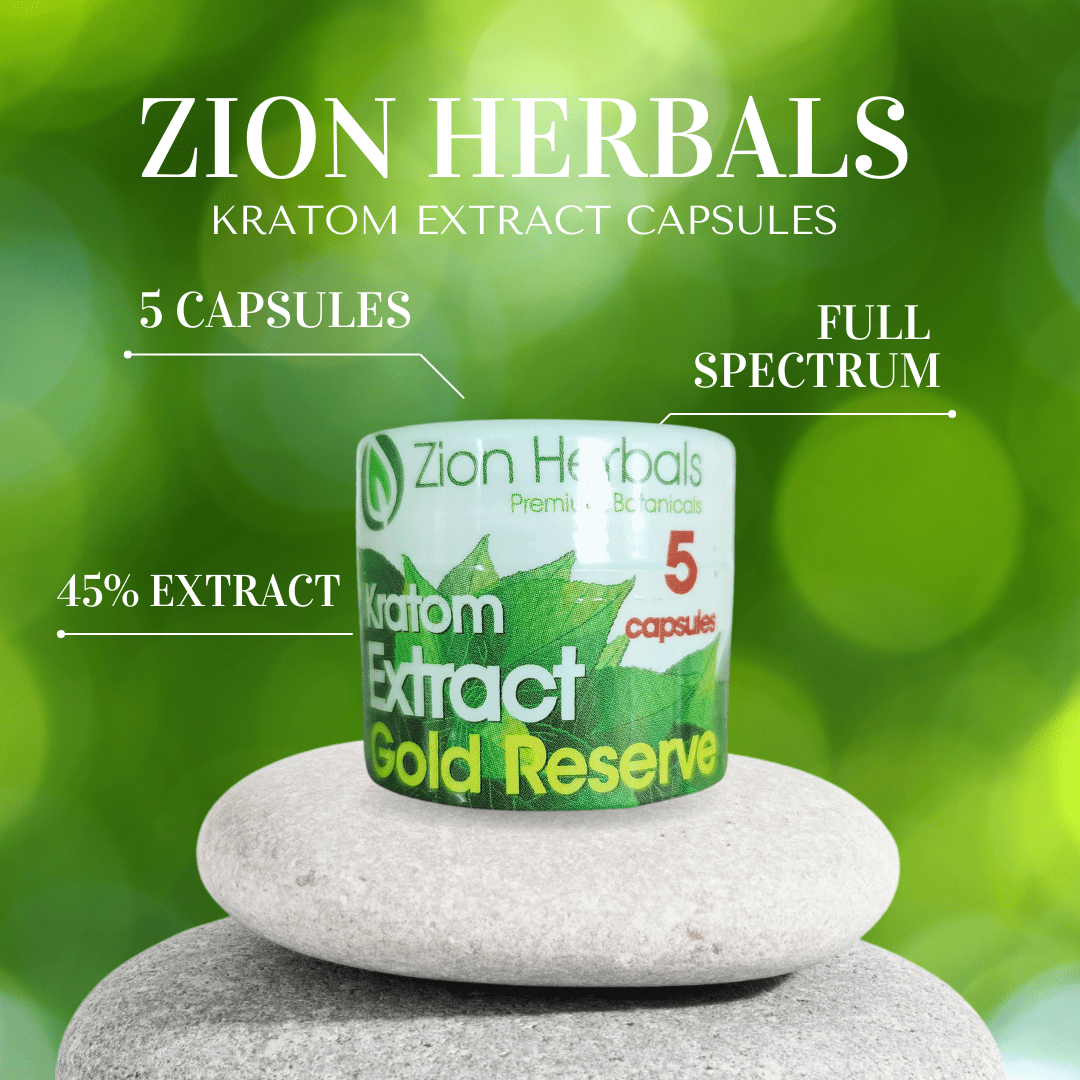
4. Scrutinizing the Evidence
To critically assess the claims, it’s imperative to scrutinize the available evidence. Several case reports and reviews have documented instances of liver injury in individuals using kratom. However, the evidence has limitations. Many of the case reports lack detailed information about the source and quality of kratom used, making it challenging to determine if kratom alone caused the liver injury or if contaminants or adulterants played a role.
Furthermore, most of the available studies are observational, which can establish an association but not a causal relationship. This distinction is crucial because, while an association between kratom and liver injury exists in the reported cases, a direct cause-and-effect relationship is more challenging to establish.

5. Mechanisms of Hepatotoxicity
Delving deeper, let’s explore the potential mechanisms behind kratom-induced hepatotoxicity. The exact mechanisms are not fully understood, but hypotheses include the direct toxicity of kratom’s active compounds, individual variations in metabolism leading to toxic intermediate compounds, and the potential for kratom to cause oxidative stress or disrupt normal mitochondrial function in liver cells.
Mitragynine, the primary active compound in kratom, is metabolized by liver enzymes, and genetic variations in these enzymes could explain why some individuals are more susceptible to liver injury. Additionally, the quality and purity of kratom products can vary significantly, raising concerns about contamination with hepatotoxic substances.

6. Counterarguments and Alternate Explanations
On the flip side, there are counterarguments and alternate explanations to consider. Some researchers argue that the number of liver toxicity cases is relatively small compared to the vast number of kratom users, suggesting that if kratom were inherently hepatotoxic, the incidence of liver injury would be higher.
Others point out that many of the reported cases involve individuals using multiple substances, making it challenging to isolate kratom as the sole cause of liver injury. Furthermore, the unregulated nature of the kratom market means that products may be contaminated with other substances that could potentially harm the liver.
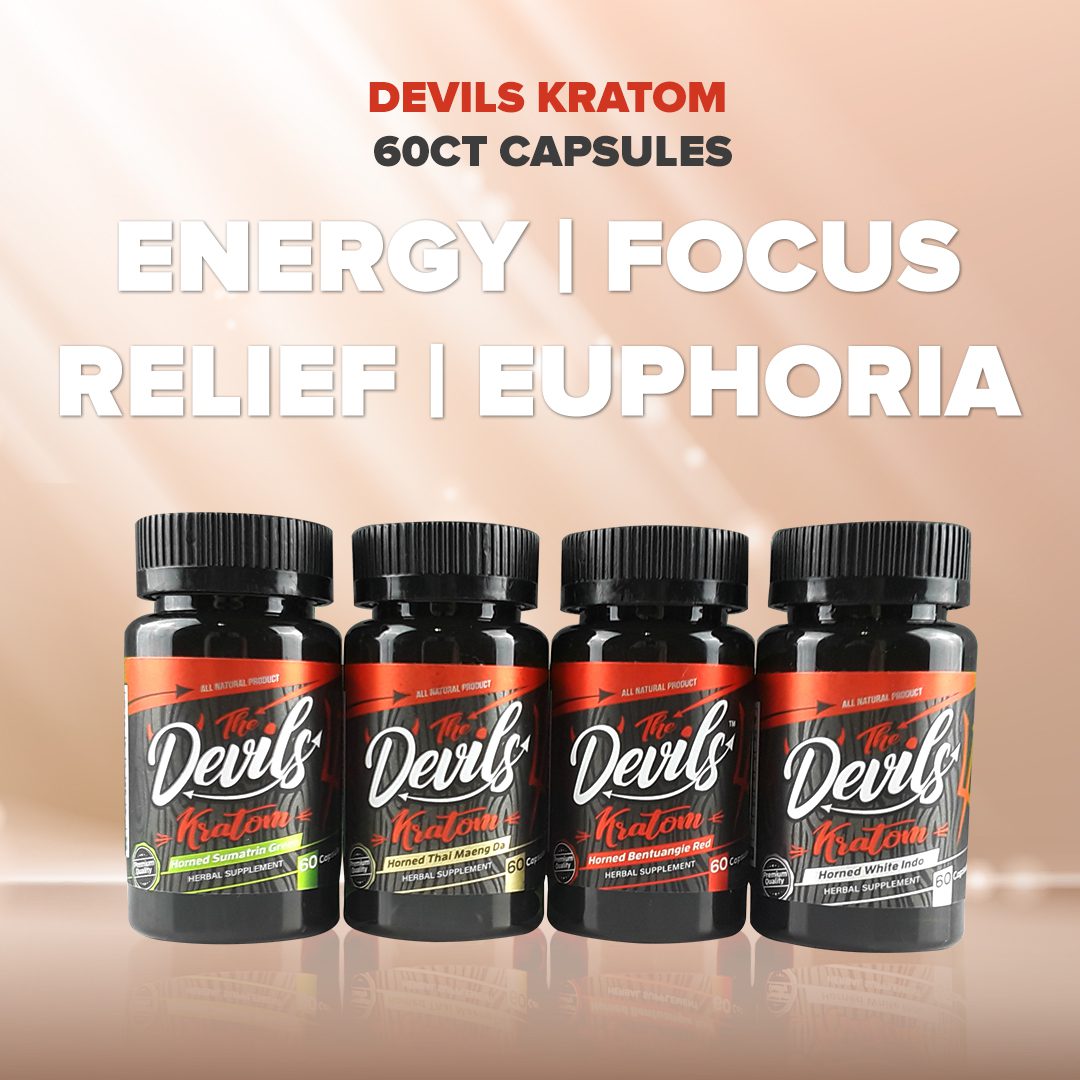
7. Regulatory and Research Perspectives
From a regulatory perspective, the FDA has not approved kratom for any medical use, and it has been subject to regulatory scrutiny due to safety concerns. The FDA and DEA have issued warnings about the potential risks of kratom, but it remains legal in most U.S. states and is classified as a dietary supplement.
The research community advocates for more rigorous studies to understand the safety profile of kratom better. High-quality, controlled studies are needed to establish the prevalence of kratom-associated liver injury, identify the risk factors, and understand the mechanisms behind the potential hepatotoxic effects of kratom.
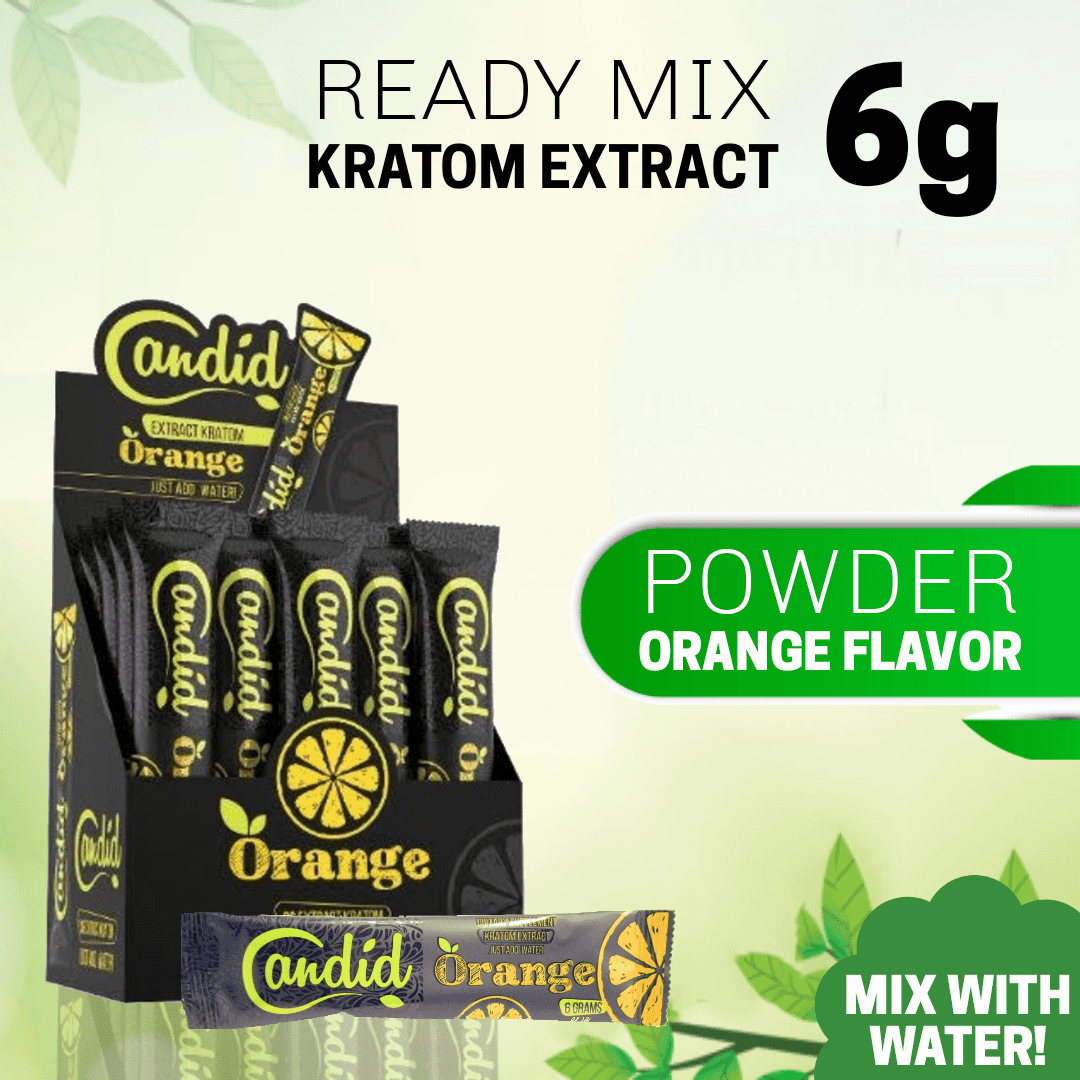
8. User Considerations and Harm Reduction
For users of kratom, harm reduction is key. Users should be aware of the potential risks and symptoms of liver injury. Purchasing kratom from reputable sources, using it in moderation, and seeking medical advice before starting kratom, especially for individuals with pre-existing liver conditions, are prudent steps.
Users should also be vigilant for symptoms of liver injury and seek medical attention promptly if they experience symptoms such as jaundice, severe abdominal pain, or dark urine. Healthcare professionals should inquire about kratom consumption when encountering patients with unexplained liver injury and report suspected cases to regulatory authorities to help build a more comprehensive understanding of the risks associated with kratom.
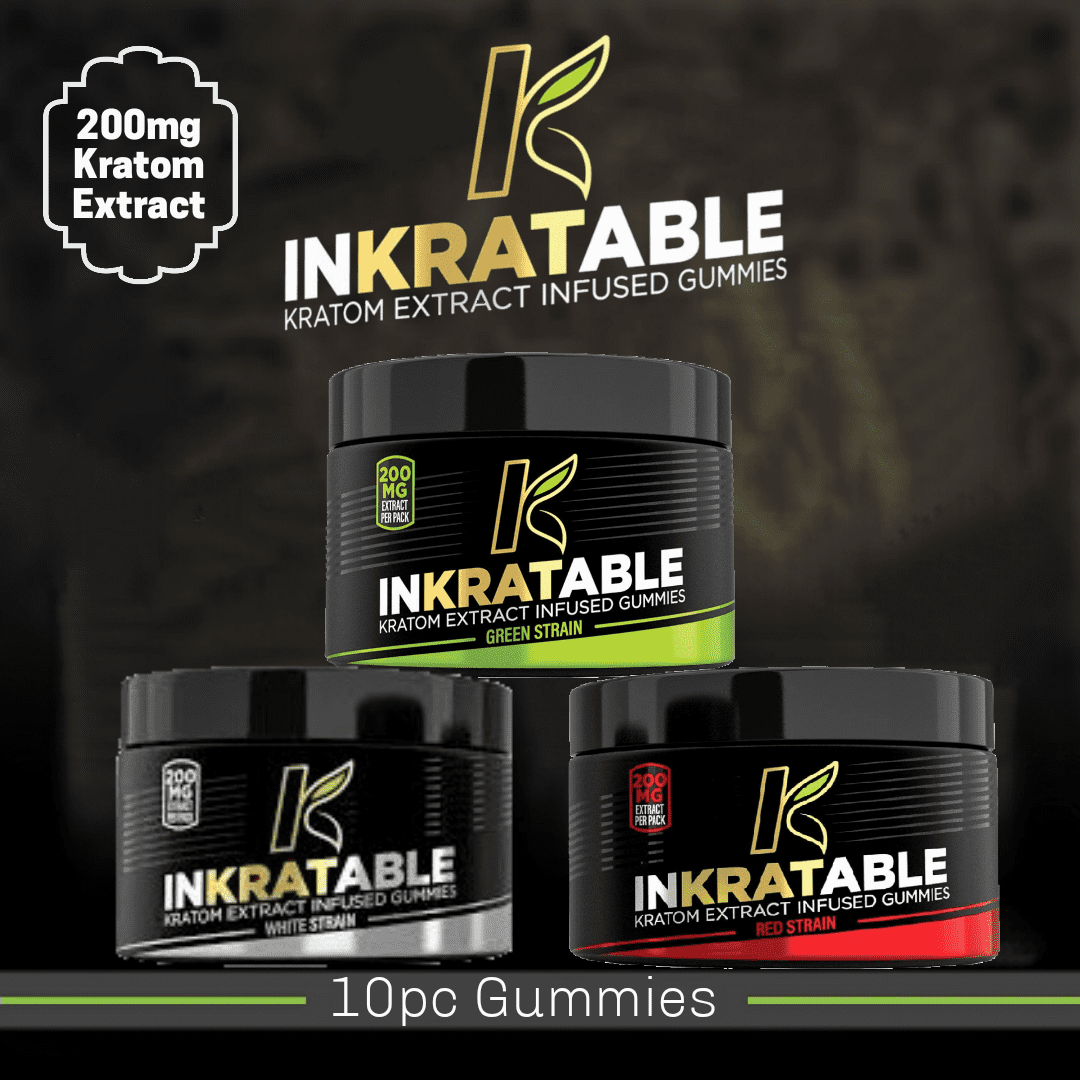
9. Conclusion
In conclusion, while there are claims and documented cases linking kratom consumption to liver toxicity, the evidence is not definitive. The complexity of the issue is underscored by the variability in kratom products, individual differences in susceptibility, and the need for more robust research to elucidate the potential risks fully.
As the discourse around kratom continues, a balanced perspective is essential, recognizing both the potential therapeutic benefits and the risks. Ongoing research, regulatory vigilance, and informed decision-making by users and healthcare providers are crucial in navigating the challenges posed by kratom consumption and ensuring public health and safety.
By understanding the multifaceted nature of kratom and its implications for liver health, individuals, healthcare professionals, and regulators can make more informed decisions, contributing to a more nuanced and evidence-based approach to managing the risks associated with this widely used but controversial substance.
FAQs
How is kratom associated with liver injury?
What are the symptoms of kratom-induced liver injury?
Has there been an increase in kratom-related liver injury cases?
Is the link between kratom and liver injury definitive?
Sources:
- NIH:https://www.ncbi.nlm.nih.gov/books/NBK548231/#:~:text=Chronic%20use%20of%20kratom%20recreationally,dark%20urine%20followed%20by%20jaundice.
- NIH:https://www.ncbi.nlm.nih.gov/pmc/articles/PMC8148389/
Related Articles:
- Kratom Hazards Recent Salmonella Outbreak
- Kratom News Now FDA And Information
- Kratom Questions Top 3 Answered Now
- Kratom News Today: Mis-Information On The Ban
#liverdamage #liverhealth #kratomuse #kratomlivertoxicity #livertoxicity #understandingkratomuse #howkratomeffectsthebody #iskratombad #iskratombadfortheliver #kratomliverdamage #americanhealth #healthandwellness #herbalsupplements #alternativehealing #naturalremedies #thedailydosepodcast
Meet The Author


